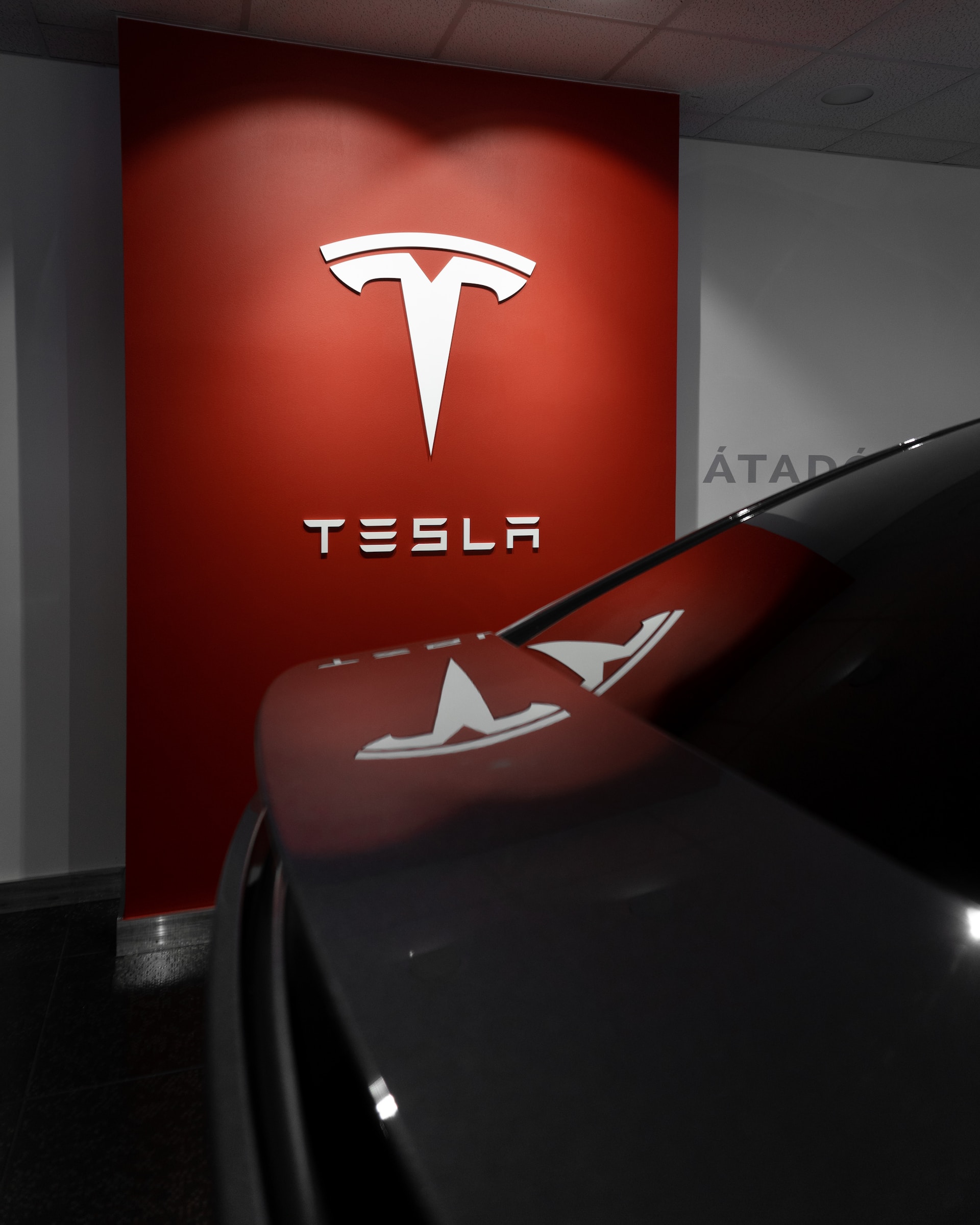In a major twist in the automotive industry, the recently released J.D. Power Initial Quality Study has delivered surprising results, with traditional automakers from Detroit triumphing over Tesla. The study, which evaluates the initial quality of vehicles based on reported problems during the first 90 days of ownership, has raised questions about Tesla’s ability to maintain its reputation for exceptional quality and reliability, while also shedding light on the strides made by the Detroit automakers in this arena.
For years, Tesla has been synonymous with innovation and cutting-edge technology, amassing a dedicated fan base and redefining the electric vehicle landscape. However, the J.D. Power study has uncovered a setback for the California-based automaker, highlighting potential shortcomings in its initial vehicle quality when compared to the traditional giants from Detroit.
The study reveals that General Motors, Ford, and Stellantis, collectively known as the Detroit 3, have made significant progress in improving the initial quality of their vehicles. This resurgence of the American automakers indicates their commitment to refining manufacturing processes, addressing known issues, and ensuring a higher level of customer satisfaction.
On the contrary, Tesla’s performance in the study has raised concerns. Despite its reputation for groundbreaking technology, Tesla vehicles reported a higher number of problems compared to their Detroit counterparts. Issues such as paint quality, body panel fitment, and general assembly concerns were noted, painting a different picture than what many Tesla enthusiasts have come to expect.
This development has sparked discussions about the challenges Tesla faces in scaling production while maintaining stringent quality control measures. As the company strives to meet the growing demand for its electric vehicles, it must address these concerns to avoid tarnishing its brand image and retain customer trust.
However, it is important to note that Tesla’s setbacks in the J.D. Power study should not overshadow its significant contributions to the automotive industry. The company’s relentless pursuit of electrification has accelerated the global shift toward sustainable transportation, pushing traditional automakers to follow suit. Tesla’s impact extends beyond initial quality concerns and serves as a catalyst for positive change in the industry.
While the J.D. Power study paints a picture of a quality divide between Tesla and the Detroit 3, it is essential to view it as a call to action rather than a definitive verdict. Tesla’s rapid growth and ambitious production targets may have strained its manufacturing processes, resulting in initial quality challenges. However, the study also presents an opportunity for Tesla to learn and improve.
Tesla’s success has been built on its ability to innovate and disrupt the automotive industry. It is now crucial for the company to channel its visionary leadership toward addressing quality concerns and bolstering its manufacturing practices. By investing in robust quality control measures, enhancing assembly processes, and actively listening to customer feedback, Tesla can bridge the quality gap and reinforce its commitment to delivering vehicles that meet and exceed customer expectations.
Additionally, the J.D. Power study serves as a reminder that initial quality is a critical factor in shaping consumer perceptions and brand loyalty. While Tesla has attracted a loyal fan base drawn to its technological advancements, it must not overlook the importance of consistent quality across its vehicle lineup. In a competitive market where consumers have numerous options, delivering exceptional initial quality can be a differentiating factor for Tesla.
Looking ahead, Tesla’s response to the J.D. Power study will be closely watched by industry experts, consumers, and investors alike. Addressing initial quality concerns will require a holistic approach that combines technological innovation with meticulous attention to detail in manufacturing processes. Tesla has shown resilience and adaptability in the past, and it now has an opportunity to strengthen its position as a leader in the electric vehicle market.
In conclusion, the J.D. Power Initial Quality Study has revealed surprising results, with the Detroit 3 emerging as winners in terms of initial vehicle quality over Tesla. While this outcome poses challenges for Tesla, it also presents an opportunity for growth and improvement. By prioritizing quality control and addressing manufacturing concerns, Tesla can restore its reputation for excellence and continue to push the boundaries of electric vehicle innovation. As the automotive industry evolves, the pursuit of both technological advancement and superior initial quality will be vital for automakers to meet the expectations of an increasingly discerning customer base.




